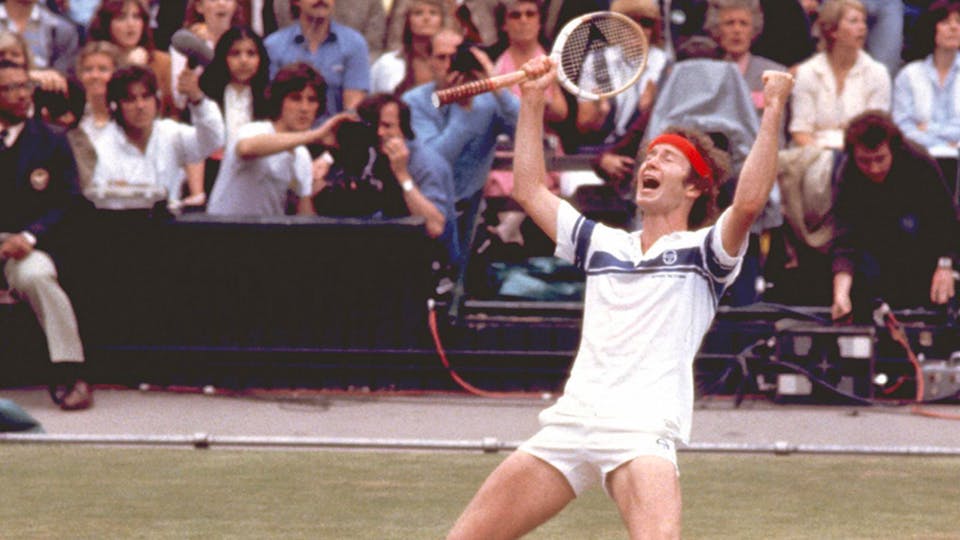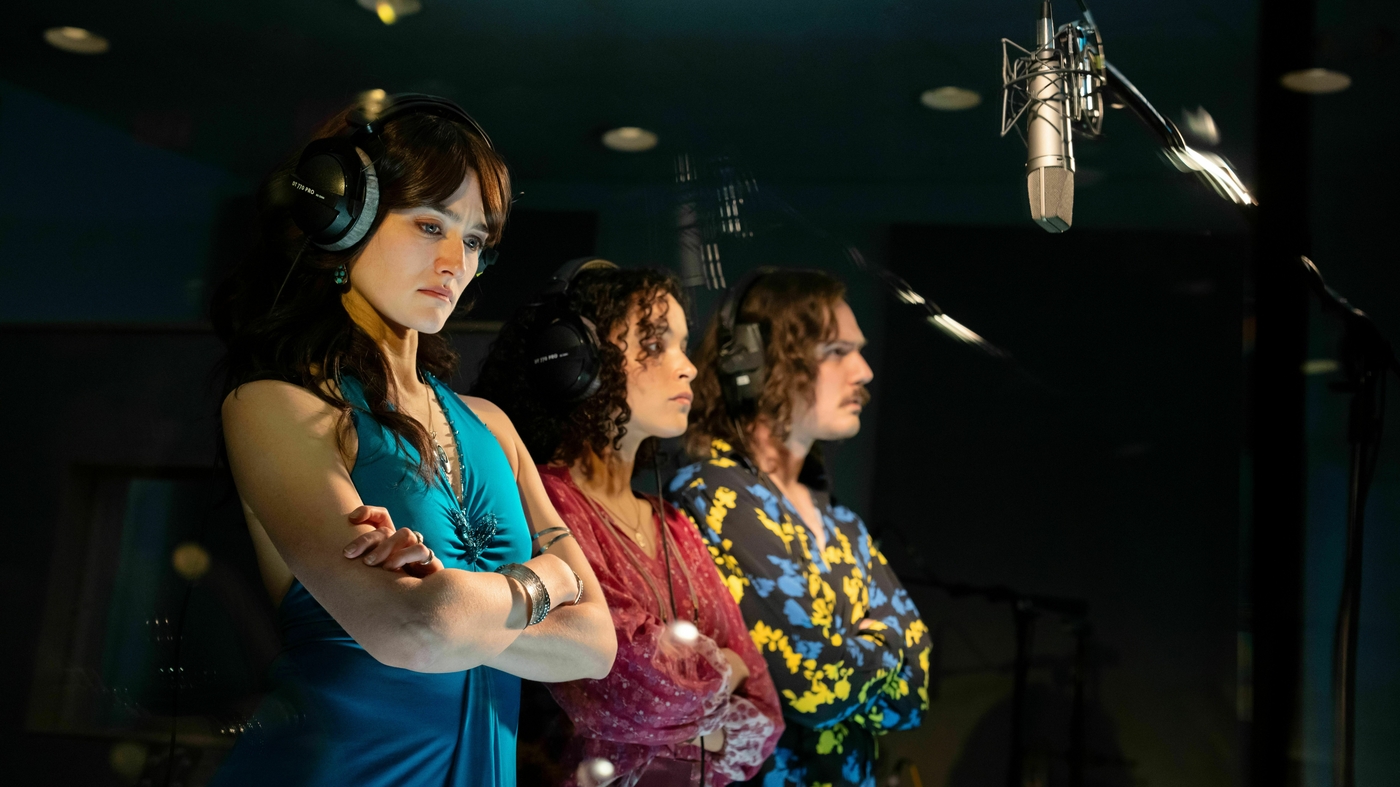
McEnroe Review
It’s hard to underestimate John McEnroe’s impact on the world of tennis. If Björn Borg brought the screaming fandom of Beatlemania to the sport, McEnroe brought punk rock, flouting the genteel customs and conventions to introduce it to a much wider, and indeed working-class, audience. Barney Douglas’ film might not successfully unpick his complexities or provide insight into the player’s demons but it’s an enjoyable portrait, filled with terrific tennis and elevated by great access to the man himself.

The first half charts McEnroe’s rise to the top at a time when tennis was starting to become cool, highlighting his scintillating rivalries with Jimmy Connors (“Why is this guy an asshole?” McEnroe asks) and, of course, Borg. There is also a lot of time dedicated to his always entertaining bad-boy antics, both on court (“That’s the worst call I’ve ever seen in the biggest match of all time,” he shouts at one US Open) and off: the “performance-detracting” drugs, the late-night antics at Studio 54 and his absolute delight in recalling turning down the Wimbledon Champions Dinner in 1981 to party with his pals.
The ace down the line is McEnroe himself, a warm, compelling presence, funny and open about his foibles.
The second half candidly addresses the downturn in his tennis — the film relays his defeat in the 1984 French Open final against Ivan Lendl after holding a two-sets lead via expressionist filmmaking, the heightened sounds of flies, cameras and slurping all bothering him — and in his personal life: his rarely spoken-about disastrous marriage to movie star Tatum O’Neal (both understood pressures of fame at a young age but couldn’t make it work), his fights with the press (he gets into a spitting contest with a paparazzo) and his complicated relationship with his father John, who makes it very clear he is John, not John Sr.
It’s an entertaining yarn, but is dissipated by director Douglas’ linking device of McEnroe wandering around his beloved New York at night, randomly answering pay-phones, or later bizarrely walking along desert roads. Animation designed to put you inside McEnroe’s head, visualising his temper, is a decent idea but the execution feels cheap. The talking heads are a mixed bag, with ex-players such as Borg and Billie Jean King discussing what it takes to become a winner but adding little in the way of insight into McEnroe. More revealing are McEnroe’s children from his marriage to O’Neal, his son telling a great story about drawing a ’tache on an original Andy Warhol painting as a means of rebellion. But the ace down the line is McEnroe himself, a warm, compelling presence, funny and open about his foibles. Given all the drama, it’s nice to know he has found a kind of peace, even if he admits he is a work in progress. As his second wife Patty says, he is a “bad boy who turned out to be a good man”.
The talking heads aren’t particularly revealing and there are some strange filmmaking choices. But McEnroe makes for incredibly likeable company and the tennis, as ever, remains sublime.




































































